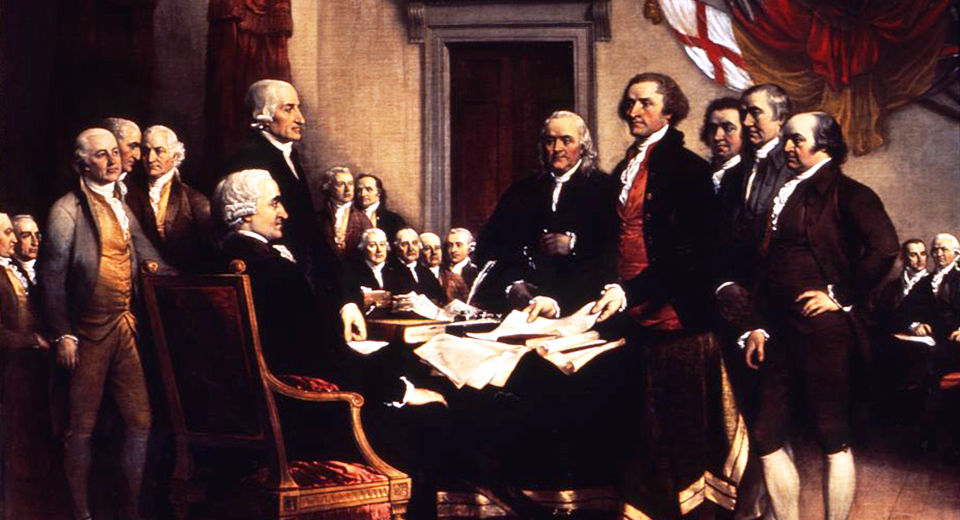As part of the Bill of Rights, the First Amendment protects religious liberty, free speech, a free press, the freedom of assembly, and the right to petition. The Founders viewed these as natural rights that come from God or nature—not from government. They believed that our opinions were the product of reason, that reason was the power of the mind to think, understand, and form judgments, and that this process shouldn’t be controlled by government. Instead, they believed Americans must have the right to think, believe, and worship freely—and, in turn, to express beliefs freely to their neighbors and to the government. This is the core of the freedom of conscience.
Each document below reinforces those ideals and key passages are annotated with explanatory notes for the reader.








